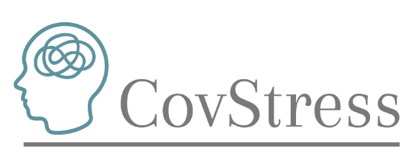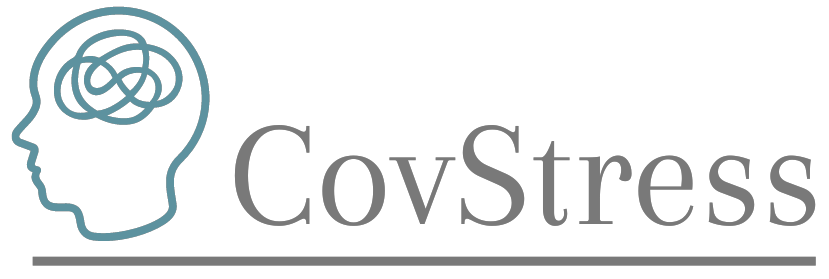Project CovStress

Description of the project
The project team - consisting of Josephine Debus, Dr. Katharina Klug and Prof. Dr. Vera Hagemann - is investigating the psychological long-term consequences of corona-related cuts in working life in the "CovStress" project. They are supported by student assistant Lisa Aschenbach.
Job loss, short-time work, unplanned reduction in working hours: For many employees, the Corona crisis is the trigger for career shocks, i.e. unforeseen and uncontrollable cuts in working life, often associated with loss of income. Particularly affected are employees who were already in a precarious position on the labor market before the crisis, such as low-skilled workers or mini-jobbers. Career shocks can mean economic stress in the form of job and financial insecurity for those affected and their families. Possible long-term consequences for the health and quality of life of those affected cannot yet be foreseen at this point.
The aim of the project "CovStress: Long-term consequences of corona-related cuts in working life for economic stress, health and quality of life" is to investigate how career shocks during the corona crisis affect later economic stress and health and which psychological processes play a role in this. Accordingly, long-term psychological consequences of Corona-related cuts in working life will be researched with regard to economic insecurity, mental health and quality of life.
Over a period of three years, data from the Relationship and Family Panel (pairfam), which is conducted once a year, will initially be used in step 1. The advantages are that a) comparative data on employment situation and stress before, during and after the outbreak of the Corona pandemic are available and b) by matching partners and family members, influencing factors in the family context can be mapped in detail (e.g. financial situation of the household, division of childcare). Based on the results, in step 2 participants will be recruited for a further study with the help of the practice partners, in which the work-psychological mechanisms of action between economic stress and mental health in the fluctuations over shorter observation periods will be examined in more detail. Finally, in step 3, formats are to be developed in cooperation with partners from politics and practice that make the findings accessible to a broad public and provide impulses for target group-specific support measures.
The analyses of the studies aim to estimate the extent, determinants and mechanisms of action of the long-term consequences of the Corona crisis in working life with regard to experienced precariousness, mental health and quality of life. This will allow policy instruments and measures to mitigate the crisis to be assessed in terms of their medium- and long-term effectiveness with regard to economic stress and mental health (in particular short-time work, benefits for families and the self-employed). Furthermore, vulnerable target groups, needs and starting points for support and prevention measures can be identified.

